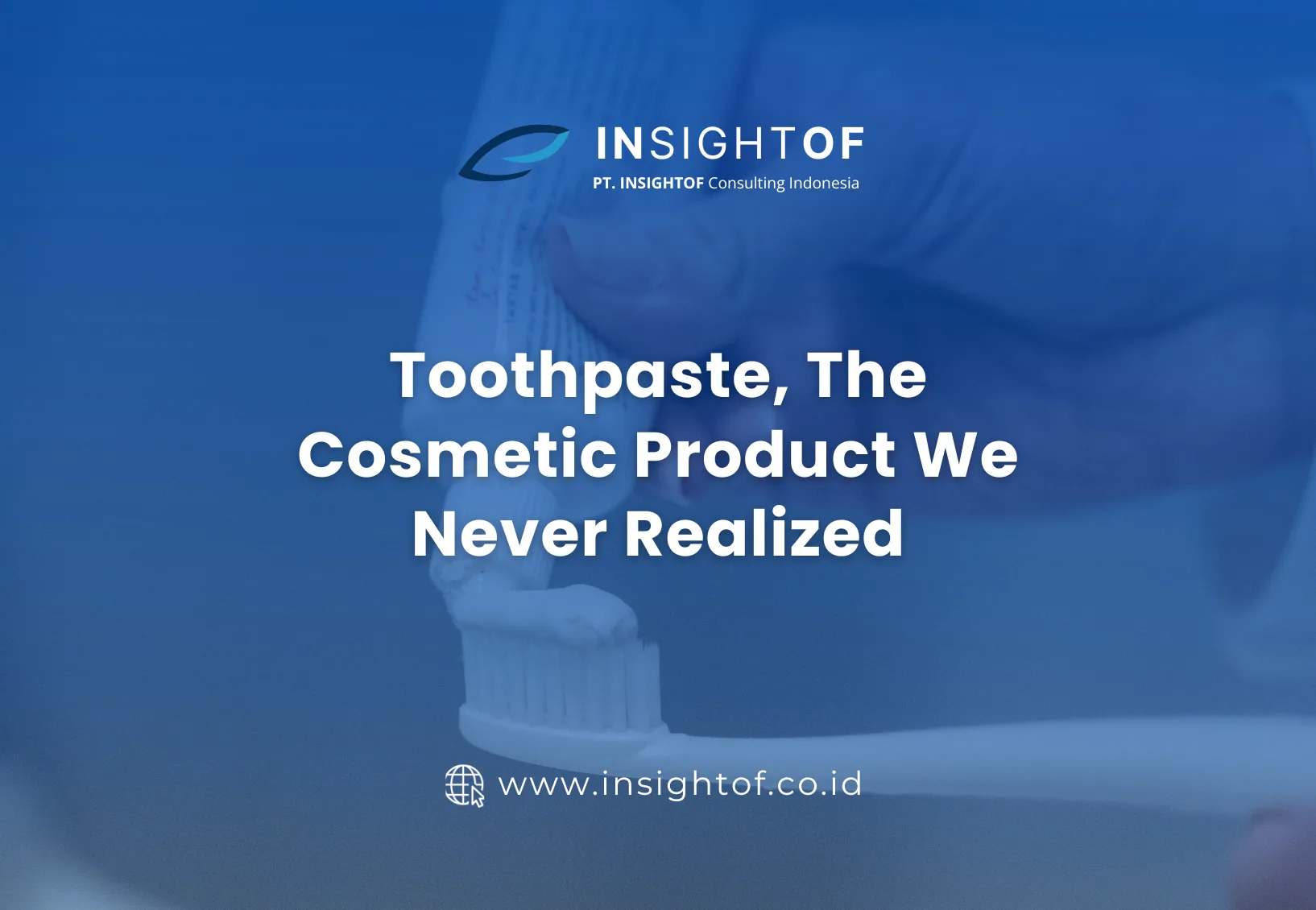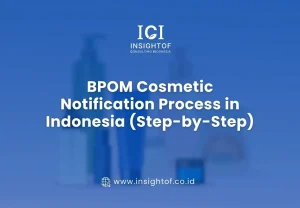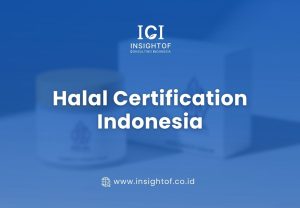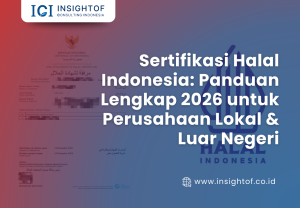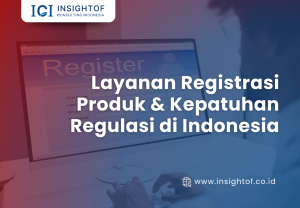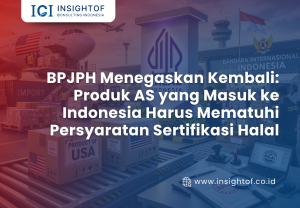When we hear the word cosmetics, most people immediately think of makeup, skincare, or perfume. But did you know that toothpaste is also classified as a cosmetic product? While often considered purely a hygiene item, toothpaste plays an important role as a cosmetic in our daily lives.
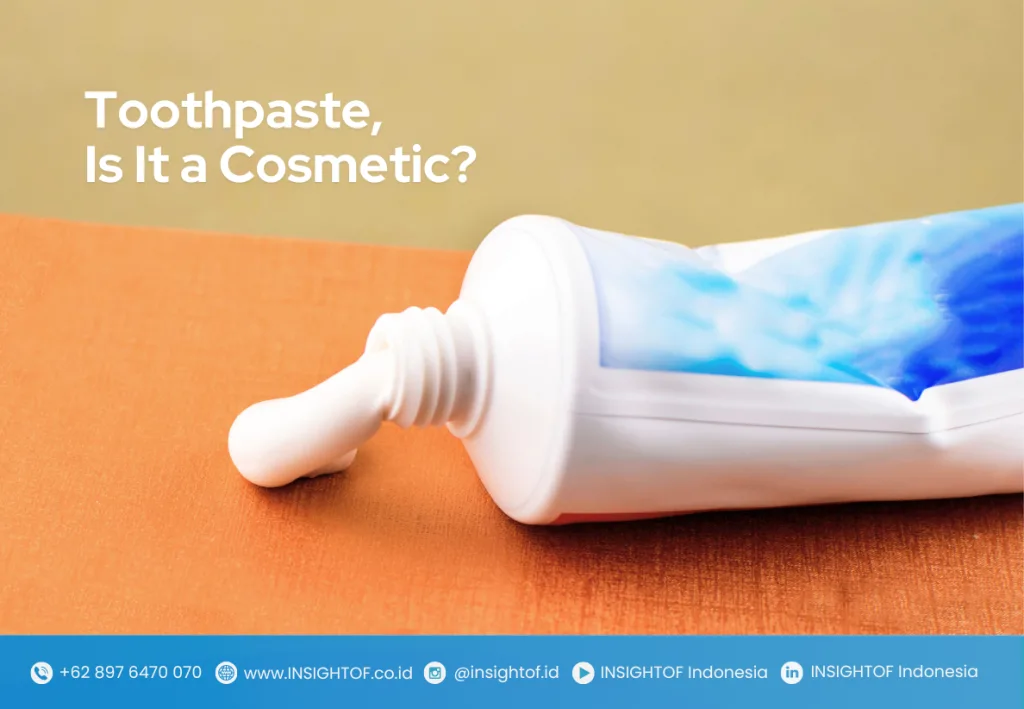
Why Is Toothpaste Considered a Cosmetic?
According to the Indonesian National Agency of Drug and Food Control (BPOM) and other global authorities such as the U.S. FDA and EU Cosmetics Regulation, a cosmetic is defined as a product applied to the external parts of the human body to cleanse, maintain, beautify, or alter appearance.
Toothpaste is used to clean teeth, freshen breath, and even whiten the teeth — all of which fall within the scope of cosmetic functions.
However, if toothpaste contains active pharmaceutical ingredients (APIs) that claim to treat gum disease, cavities, or oral infections, it may then be classified as a traditional medicine or even a drug, depending on the specific country’s regulations.
✅ In Indonesia, toothpaste is regulated as a cosmetic as long as it does not make therapeutic claims or contain pharmaceutical-level ingredients.
[Source: BPOM Regulation No. 23 of 2019 on Cosmetic Notification]
The Evolution of Toothpaste: From Hygiene to Aesthetic Appeal
The oral care industry is no longer just about cleanliness — it now focuses heavily on appearance and user experience:
- Whitening toothpastes are highly popular, promising brighter smiles and natural-looking white teeth.
- Charcoal toothpastes, containing activated charcoal, are marketed for deeper stain removal and detoxifying effects.
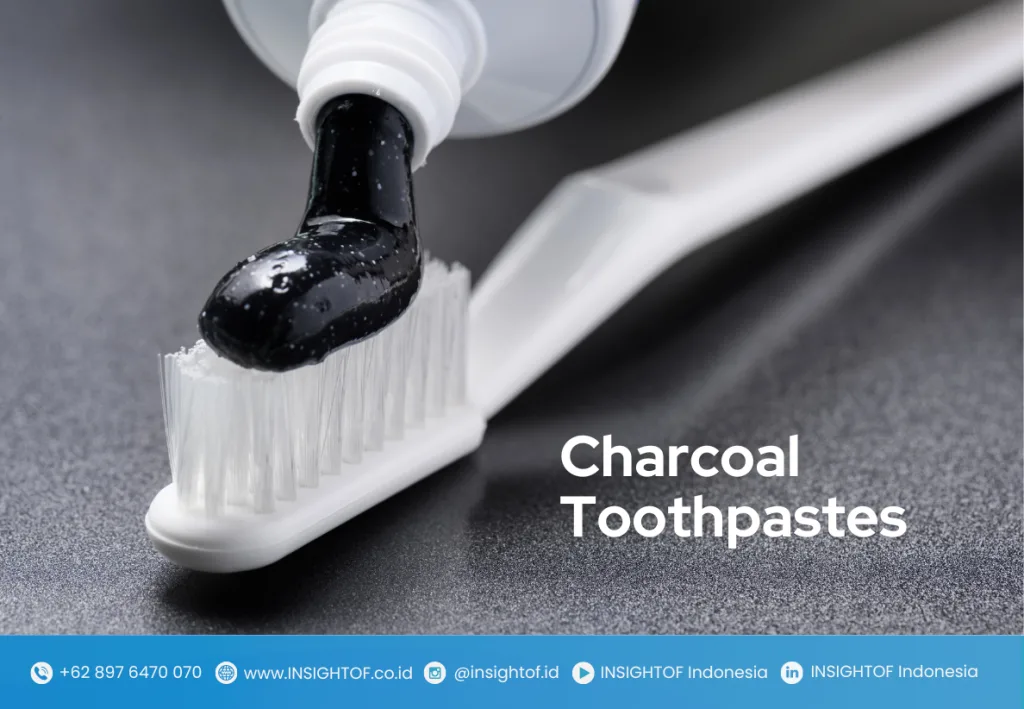
- Luxury-flavored toothpastes, like matcha mint, rose, or vanilla chai, elevate the brushing experience.
- Aesthetic packaging is becoming a selling point, especially among premium brands — reflecting that toothpaste is now part of one’s lifestyle and bathroom design.
Toothpaste Regulation as a Cosmetic in Indonesia
1. BPOM Regulation No. 17 of 2023 on Product Information File (DIP/PIF)
BPOM Regulation No. 17 of 2023 establishes detailed guidance for the Cosmetic Product Information File (known locally as Dokumen Informasi Produk, DIP). All cosmetic products, including toothpaste, must have a DIP prepared before notification. The DIP must document safety, efficacy (benefit justification), quality, and contamination controls. Existing notification holders had a six-month transition period to comply after August 2, 2023.
Key DIP elements:
- Product summary: name, intended use (e.g., “toothpaste for cleaning, freshening, and mild whitening”), target consumer.
- Ingredient safety assessment: toxicological data, concentration justification, compatibility.
- Quality data: specifications, analytical methods (e.g., assay of abrasives, preservative efficacy), microbial limits.
- Stability studies: demonstrating shelf-life integrity under defined conditions.
- Efficacy evidence for claims: e.g., abrasion data or optical modifiers for whitening, consumer perception studies for breath freshness.
2. Cosmetic Notification via Notifkos Online
Every cosmetic must obtain a notification number from BPOM before distribution. Foreign exporters (without local manufacturing) typically work through an Indonesian importer or local representative to access the Notifkos portal (www.notifkos.pom.go.id). Required uploads include:
- Administrative documents: Free Sale Certificate (FSC) from the country of origin, GMP certificate of the manufacturing site, company registration documents, local importer information.
- DIP summary and supporting data (safety, quality, efficacy).
- Label and packaging mock-ups compliant with BPOM rules.
- Laboratory certificates: microbial safety, contaminant limits, stability results.
Certain documents may require translation into Bahasa Indonesia and legalization (notarial, consular, or apostille) as per BPOM guidance. BPOM reviews notifications within approximately 14 working days; timely responses to queries help avoid delays.
3. BPOM Regulation No. 18 of 2024 on Labeling, Promotion, and Advertising
Regulation No. 18/2024 tightens marking and claims rules for cosmetics, including teeth-related products. Mandatory labeling in Bahasa Indonesia includes intended function (e.g., “pasta gigi untuk membersihkan dan memutihkan gigi”), usage instructions, warnings (e.g., “keep out of reach of children under 6 years” if fluoride is present). Other elements such as ingredient list (INCI), net weight, batch number, importer/manufacturer address, BPOM notification number, and barcode may be in English or other Latin-script languages alongside Bahasa Indonesia where permitted.
Specific provisions address whitening agents (e.g., limitations on hydrogen peroxide concentrations) and require substantiated evidence for whitening claims. Advertising materials (print, digital) must align with approved labeling and avoid unapproved or misleading claims, particularly therapeutic ones.
4. Ingredient Safety and Contaminant Limits
Exporters must ensure all ingredients are permitted under BPOM’s cosmetic ingredient list, often aligned with ASEAN Cosmetic Directives. Recent BPOM Regulation No. 16 of 2024 tightened contaminant limits (e.g., for heavy metals, 1,4-dioxane) to align with international standards. Toothpaste manufacturers should provide contaminant testing results from accredited labs, demonstrating compliance with microbial, chemical, and heavy metal thresholds.
5. Halal Considerations (Optional)
While halal certification is not mandatory for all cosmetics, many Indonesian consumers prefer halal-certified products. Exporters targeting the Muslim market may pursue halal certification through BPJPH, and label accordingly per Ministry of Religious Affairs guidelines to enhance market acceptance.
Future Trends: Toothpaste as Premium Personal Care
As public awareness of oral hygiene and aesthetics increases, brands are competing to create toothpaste that is not only functional but also premium, stylish, and social-media-friendly. Recent innovations include:
- Natural-based toothpaste
- Fluoride-free options
- Vegan and cruelty-free formulations
This trend opens up opportunities for foreign exporters who want to target the Indonesian market with unique oral beauty products that go beyond traditional functions.
Conclusion
Toothpaste is no longer just a cleaning tool — it has become a part of modern cosmetics, enhancing smiles, boosting confidence, and creating enjoyable personal care routines. For cosmetic industry professionals and exporters, this represents a growing opportunity in the oral beauty care segment.
🌏 Let Us Help You Enter the Indonesian Market
With years of experience supporting global brands in navigating BPOM’s cosmetic regulations, INSIGHTOF is ready to guide you from planning to approval.
Do you need assistance registering your product in Indonesia?
Contact us today to start your registration process.
📧 Contact us: marketing@insightof.co.id
